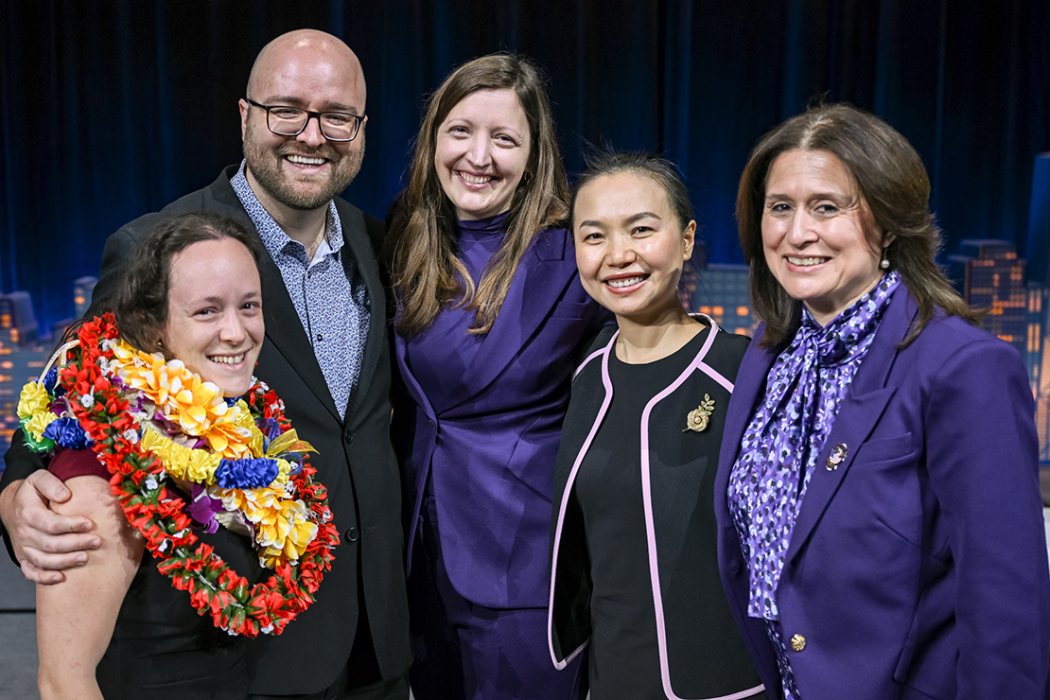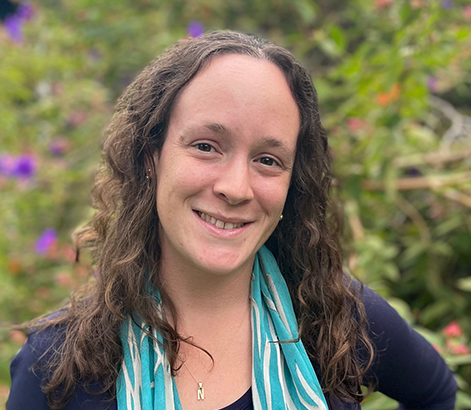Natalie Lalagos

2024 Hall of Fame Nominee

Kailua-Kona, HI
2024 Finalist from SWCOLT
Spanish
It has been said that 60% of third graders today will have a job that does not yet exist. While we don’t quite know what our students will encounter, we can be sure that our rapidly changing world will require them to interact with people from all over the globe. Therefore, we have to ensure that they have the skills, mindsets, and behaviors to work with people who are quite different from them.
My work with students is twofold: growing language proficiency in Spanish and growing intercultural and global competencies so that Hawai’i students can be local and global leaders. Students in my Spanish classes know that a person sees the world through “cultural glasses,” lenses that have been shaped by our experiences, identity, and languages. It is imperative that students first recognize that they wear these lenses; oftentimes we think that way we see the world is a universal truth. Then, students must engage with ideas and people that hold a different worldview to see that we all understand the world through a lens of our experiences and culture. We discuss the skills, mindsets, and knowledge you must possess in order to successfully interact with those who have a different cultural background and navigate customs and norms of other cultures.
Perhaps it is cliche to quote Charlemagne when he said, “to have another language is to possess another soul.” Cliche or not, we come to understand the world through the language we speak, and so for students to truly have more than one set of “cultural glasses” they must learn another language. As a Comprehensible Input teacher I believe that what is most important is communication and the negotiation for meaning. I do not prioritize grammar, and work with students using a number of CI strategies that eventually lead to student output of language.
Joy and community are integral to the success of a World Language classroom. If we want students to create with language and to feel safe in their expression, they must feel seen, known, and valued by both me and their peers. I strive to create a community in my classroom where students support each other in both their language and global competency growth. Every week we circle up and reflect on our own wellbeing using the Nā Hopena A'o Framework, as well as share appreciations for each other and learning from the week. In addition to these community building experiences I believe that we must experience joy together, and so we play a lot of language games to build confidence and joy. Finally, students should produce work that is for an audience beyond their teacher. Authentic audiences and opportunities to make change in our community are crucial for learning. Students must have the opportunity to use their language and intercultural skills in order to educate others, interact authentically, and create change. Learning can no longer just be for school; it must have a wider audience and purpose.